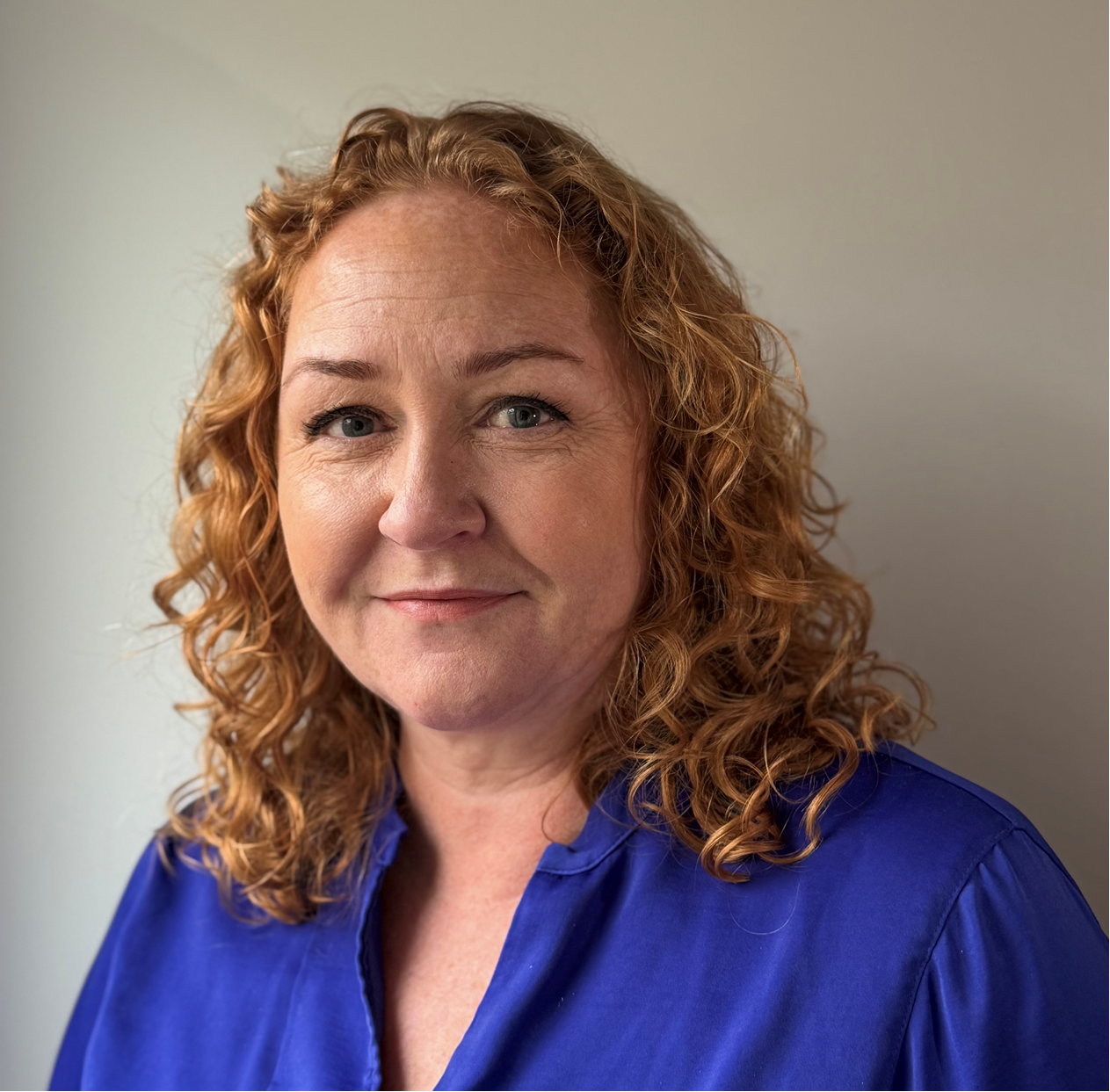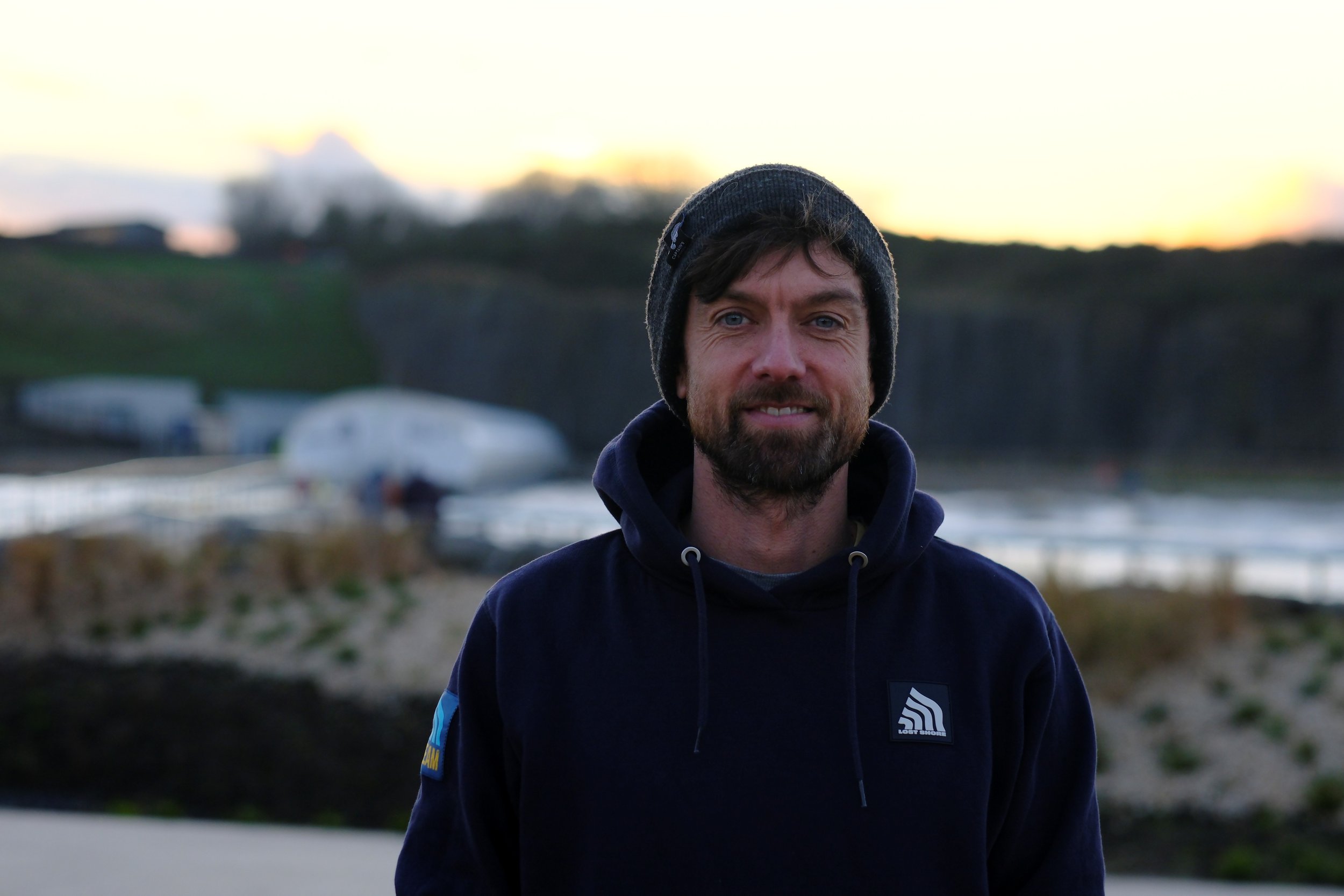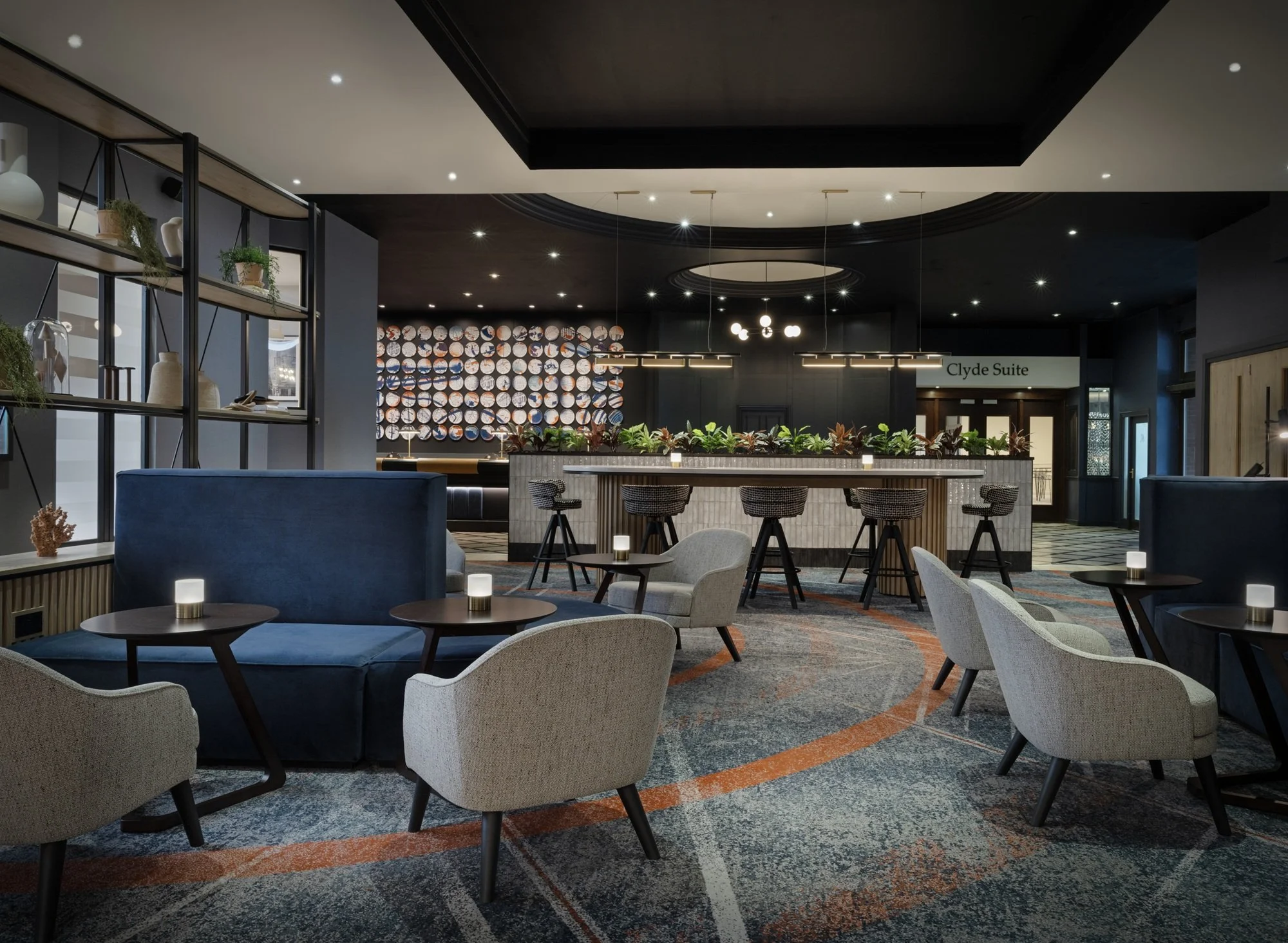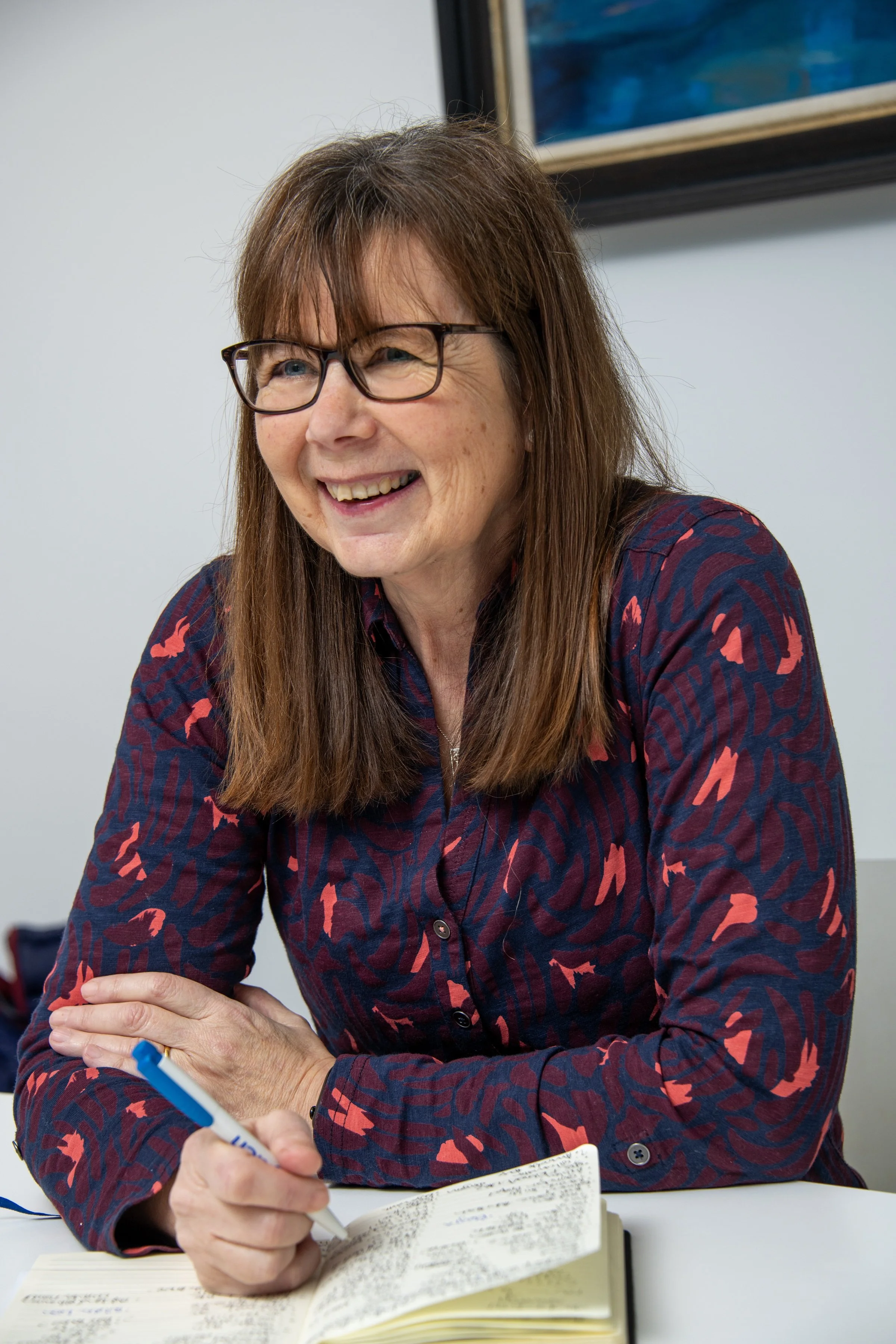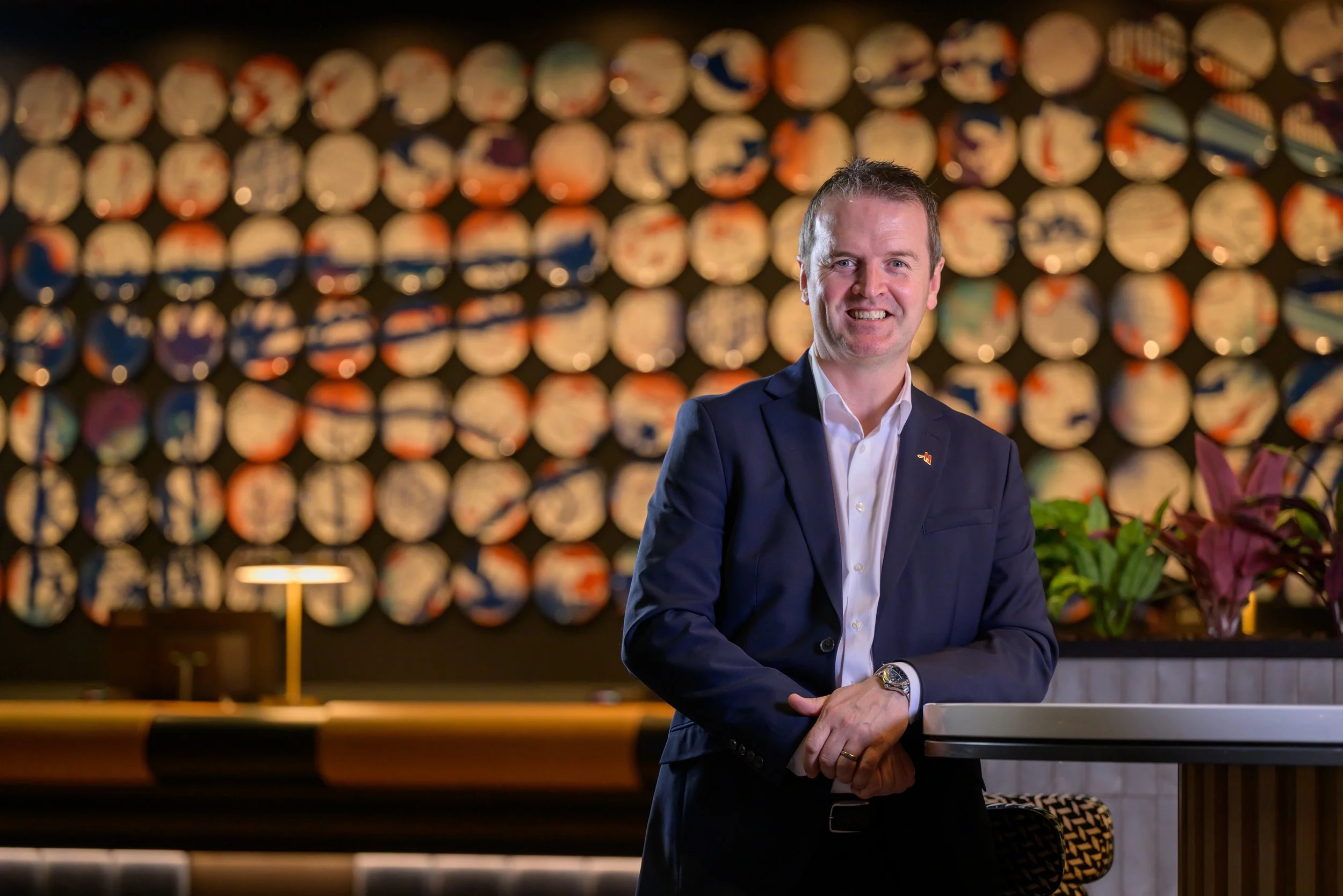Enabling resilience is an imperative now
Resilience is about adaptability; the measure of resilience is your capacity for change.
According to a recent YouGov study, 42% of us are feeling stressed and only 24% are feeling optimistic. In our current Covid world these results are hardly surprising but as a leader, what can you do about it?
The physical and emotional toll from Covid19 has shown up investment into resilience as a requirement like never before. Whether individual or organisational, community or country, those that fared well in the crisis are those who invested in resilience.
Whilst pressures are building around you, it is easy to be distracted by urgent issues. However, building personal resilience relies on being present (as opposed to do-do-do), optimising energy, honing learning capability, purpose and alignment. An integrative engine for adaptability!
How to build organisational resilience is more complex. It takes enabling individuals to build their own resilience; proactively managing the drivers of resilience demand and fostering a resilient culture.
Based on our research, there are ten key principles to building organisational resilience. Resilience can be an icky subject. It includes mental health issues, such as depression and anxiety. Organisations, particularly high achievers, can park resilience on the side, as if a deficit issue. Resilient organisations make resilience a positive and mainstream conversation that incorporates investment in people and processes. Resilience is placed into the heart of the day to day in a straightforward and real way.
Resilience is a practice that should run right through the organisation and practised regularly, not just after the last away day. From top to bottom policy through to drop in coffee mornings, it’s about building resilience habits. These are like muscles –activate them and keep their elasticity and strength, otherwise they can go flabby pretty quickly.
It is important to balance privacy and socialisation. Personal resilience, even as part of an organisation is still personal. People need to do this for themselves. And they need to know others are in the same boat, to share what helps and hinders it within their context. You need both. Resilience means different things to different people, depending on their start point. While tempting, don’t decide centrally on THE solution; to truly build personal and organisational resilience, it is important to co-create solutions that are multifarious and inclusive.
It has been a tough time, there are many who struggle and who need support through coaching or occupational health. On the other hand, by just helping people have a bit of fun and laugh, what a difference to their energy and perspective! This sense of fun helps lift the mood and in turn builds resilience. Wellbeing and resilience are like chocolate and wine, natural bedfellows. Get into both and they are synergistic.
Giving one solution to build resilience to a workforce who are under extreme pressure and overloaded as if it’s the silver bullet will end up creating resentment. Get off your high horse, build the solution together with others, be prepared to be humble, listen and learn. Patronising is the worst thing you can do. Telling someone who is depressed to just get going is, plainly, disrespectful and indeed potentially dangerous.
Teams are the birthplace of the DNA of an organisation. It’s where you learn the job and the cultural norms. Resilient teams foster resilient people and processes. Focus on enabling resilient teams. In almost every domain we witness people wanting to talk about resilience. And as a result, they shirk ownership. You need to find ways to enable agency in people to take ownership and action.
Finally, it’s pretty obvious. ‘Do as I say and do’. Whatever you think, your behaviour counts. A resilient culture starts with you.
Resilience is a capability that underpins high performance and wellbeing, and provides a deep sense of ease. Who wouldn’t want a slice of that?
Jenny Campbell is CEO at The Resilience Engine


